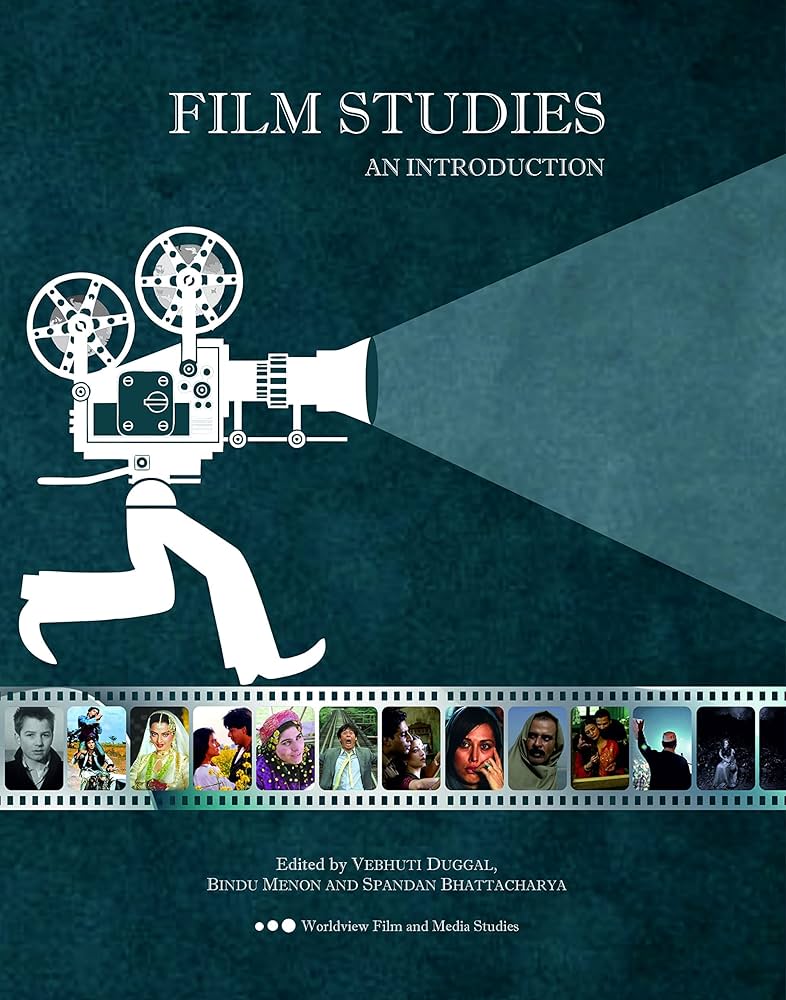Ph.D. in Film Studies: Introduction, Admission, Registration, Eligibility, Duration, Fees, Syllabus 2024

Introduction:
A Ph.D. in Film Studies offers an immersive experience into the academic study of cinema. It encompasses the analysis of film history, theory, and criticism, and often includes practical elements of filmmaking. This program is designed for those who aspire to become experts in the field, contributing original research that advances the understanding of film and media.
Admission Process:
- Application Submission: Candidates must submit a detailed application form, often accompanied by a portfolio of work.
- Academic Transcripts: A record of your previous academic performance is required.
- Letters of Recommendation: Typically, two to three letters from academic professionals who can attest to your suitability for research work are needed.
- Statement of Purpose: A well-crafted essay explaining your research interests and why you wish to pursue a Ph.D. in Film Studies.
- Research Proposal: Some programs require a preliminary research proposal outlining your intended area of study.
- Interview: A formal interview, either in-person or online, may be part of the selection process.
Eligibility:
- Master’s Degree: A master’s degree in film studies or a related field is usually required.
- Research Experience: Prior research experience or a strong academic record in film or media studies is beneficial.
- Writing Skills: Demonstrable ability to write critically and analytically.
- Critical Thinking: The ability to engage with complex concepts and theories.
- Language Proficiency: For non-native English speakers, proficiency in English may be required.
- Entrance Exams: Some institutions may require GRE scores or equivalent examinations.
Completion Time:
The typical completion time for a Ph.D. in Film Studies is three to four years for full-time students, and up to six years for part-time students.
Career Opportunities:
- Academia: Many graduates become university professors or lecturers.
- Film Criticism: Writing for publications or creating content as a film critic.
- Archiving and Curation: Working in film archives or museums.
- Film Programming: Organizing film festivals or cinema events.
- Media Production: Roles in film and television production.
- Research: Conducting research for think tanks or cultural institutions.
Syllabus:
- Film Theory: In-depth study of classical and contemporary film theories.
- Film History: Examination of the development of cinema across different periods and cultures.
- Research Methods: Training in qualitative and quantitative research methods specific to film studies.
- Media Studies: Analysis of the broader media landscape and its relationship with cinema.
- Practical Filmmaking: Some programs may include hands-on experience in filmmaking techniques.
- Thesis Writing: Guidance on composing a substantial piece of original research.
Internship Opportunities:
- Film Festivals: Opportunities to work with renowned film festivals.
- Production Companies: Internships with companies involved in film production.
- Media Organizations: Experience in various roles within media organizations.
- Archives: Working with film archives to preserve cinematic history.
- Academic Research: Assisting in research projects within university departments.
- Cultural Institutions: Engaging with film-related events and programs at cultural centers.
Scholarships and Grants:
- University Fellowships: Many institutions offer fellowships covering tuition and living expenses.
- Research Grants: Funds available for specific research projects or fieldwork.
- Teaching Assistantships: Positions that provide a stipend in exchange for teaching duties.
- External Scholarships: Various organizations offer scholarships for film studies students.
- Travel Grants: Support for attending conferences or conducting research abroad.
- Ph.D. Stipends: Some programs provide a yearly stipend to cover personal expenses.
FAQs:
What is the focus of a Ph.D. in Film Studies?
The focus is on developing an in-depth understanding of cinema through research and analysis.
Can I work while pursuing my Ph.D.?
Many programs are flexible, allowing part-time enrollment or providing teaching assistantships.
Is a background in film necessary?
While beneficial, some programs accept students with diverse academic backgrounds.
What kind of research topics are explored?
Topics can range from genre studies to national cinemas, film theory, and beyond.
What are the post-Ph.D. career prospects?
Graduates often pursue careers in academia, film criticism, archiving, and media production.
